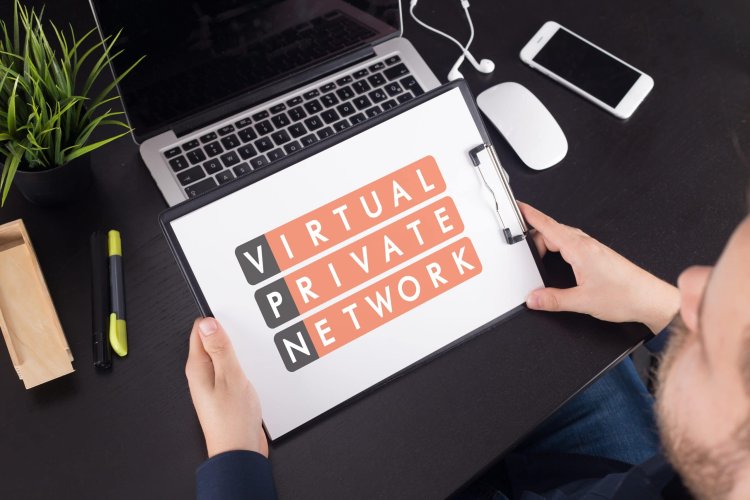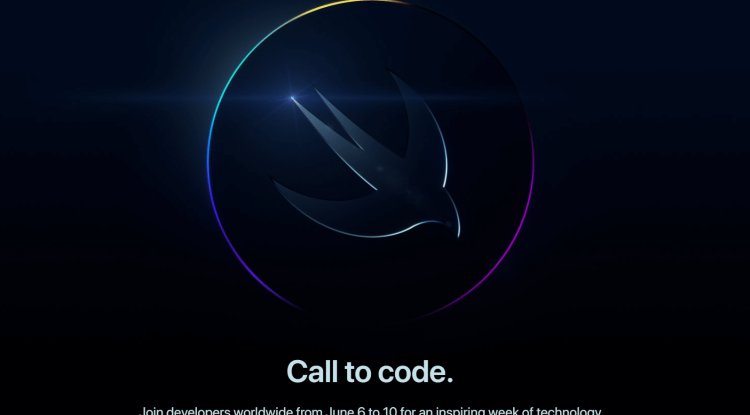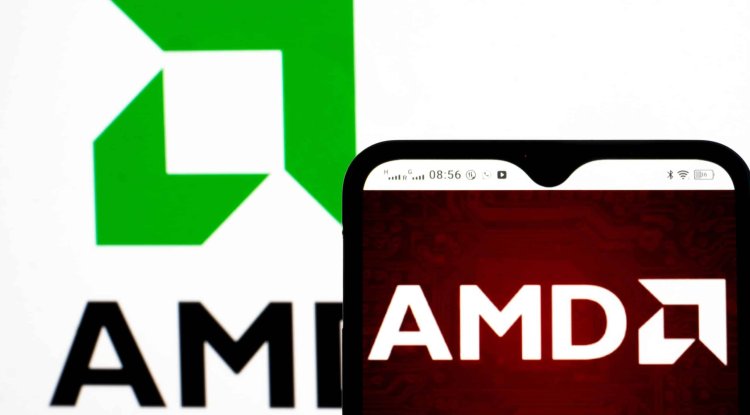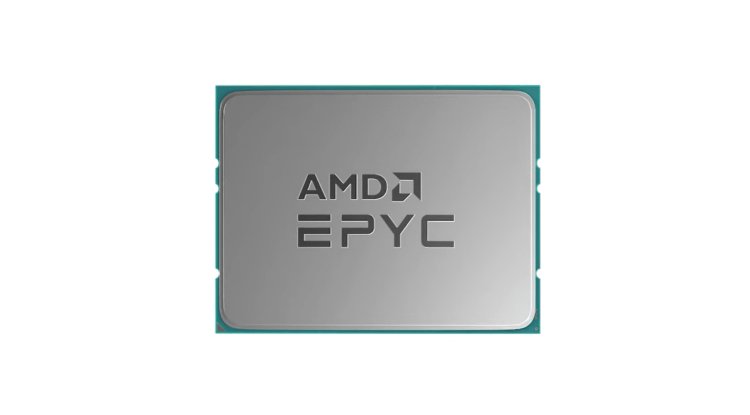6 BIGGEST VPN MISCONCEPTIONS

Virtual private network (VPN) is surrounded by many myths, which we will clarify this time and help you work with VPN.
VPN is a very handy thing that can make it easier for you to protect your privacy online, and almost every site, service, or application is trying to expose it today.
VPN is also used to avoid geographical restrictions, to overcome internet bans (say you use Facebook in China), to have a faster internet connection on speed-limiting providers, but also to communication on the Internet, which is becoming increasingly congested, has become easier.
Also, VPN is used to secure the connection, ie. links so that others cannot "sniff" what you have searched for, watched, or done on the Internet, when and where and all other information about you.
According to all this, VPN is very popular today, and as such, it is accompanied by various myths. You will find out right or wrong right now.
However, before you go, you should be fully acquainted with the various VPN options, as well as what a VPN can do and most importantly - which VPN to choose and whether you should pay for it or not. Our VPN guide will be useful to everyone, we are sure!
VPN is only for those who know a lot about IT
Using a VPN, especially understanding its proper setup, can be an unpleasant experience for beginners. However, because of this belief, most of today's VPN programs or applications for phones offer a very clear interface, easy to navigate and understand, and the VPN itself does almost everything automatically.
For example, the NordVPN, IPVanish, and ExpressVPN applications even self-upload your system to the fastest possible server automatically, without you having to change, search or even know about it.
So, VPN is for all of us, regardless of the level of IT skills!
I don't need a VPN if I'm not doing something wrong
Completely wrong approach, because VPN is used for ordinary things, which have nothing to do with piracy, torrents, and similar things.
VPNs can protect you from intrusive web ads, for example. To protect you while reading online newspapers, so that no one else would find out.
To make you have a faster and more stable internet connection. Also, VPN can be used to watch programs from another country, which is certainly legally online, also without breaking the law…
Yes, you need a VPN even if you are not doing anything wrong.
A free VPN is just as good as a paid one
" Why would I pay for something, when I can use it for free " is a very common mantra of many of us. Unfortunately, this is also incorrect here, because a free VPN is almost impossible - you have to pay for the maintenance of all those servers around the world, and that costs money.
Free VPN programs that claim to be completely free are probably lying because somehow they have to make money - either by placing ads around you or by selling your data to whoever wants to buy it.
This does not mean that the VPN services you pay for will not sell your data or do not sell it already, but they certainly need less of it. Also, "no logs" VPN services are mostly premium versions of free VPNs, which store your data on their servers.
So, no, a free VPN is not the same as a paid one!
I am completely anonymous when I use a VPN
Privacy is not the same as anonymity on the internet. A VPN works by transporting your data encrypted to a server that is used by all other users.
After passing these servers the data goes to the free internet. You remain partially anonymous thanks to the shared IP address, but that can change very easily.
There is also this myth, that hackers only activate VPNs and run on the Internet and remain invisible. This is incorrect, because despite the VPN connection, your actions if they are of interest to someone, and how they can be detected.
View VPN as a tool against mass surveillance and eavesdropping, or a tool that, with your support, will help protect your privacy.
Unfortunately, you are not completely anonymous by using a VPN.
VPN slows down your internet connection
This is partly true. Partly because VPN works by directing your Internet traffic to special servers, so one of the results can be a drop in Internet performance.
But that is not always the case. The point is to find fast enough, that is. the fastest possible server that will not slow down the internet connection in any case.
Now back to the first question and those three VPN suggestions that do it automatically.
And here, unfortunately, yes, but VPN will slow down the Internet connection in some cases.
No worries about privacy while there is a VPN
If you discover too much in other areas, they will easily tell the story of what you could do when using a VPN.
No matter how high your VPN rating is when it comes to privacy protection, the first things you should pay attention to are the VPN Client's Usage Policy and Privacy Policy that you are installing!
Read all, because there are VPNs that collect and store your "logs", which invade your privacy unnecessarily deeply and communicate with "resources" in your computer or phone that they don't need at all.
It is especially important to take this into account when using a paid VPN - whether it will remember transactions and everything else related to it, where it will be stored, and for how long.
So, first of all, take care of your privacy yourself - you choose what others will see!




























